
China’s new ideas: People, power, progress
Mark Leonard welcomes Alicja Bachulska and Janka Oertel to discuss their latest book, “The Idea of China.”

Mark Leonard welcomes Alicja Bachulska and Janka Oertel to discuss their latest book, “The Idea of China.”

India remains concerned with China above all. Western partners such as the US and the EU are much more useful to New Delhi than is Moscow
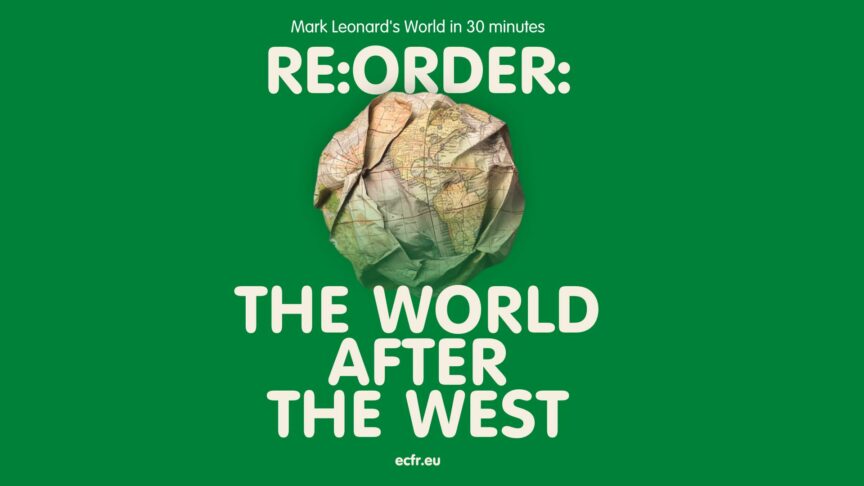
Mark Leonard welcomes to Pramit Pal Chaudhuri to discuss India as a middle power
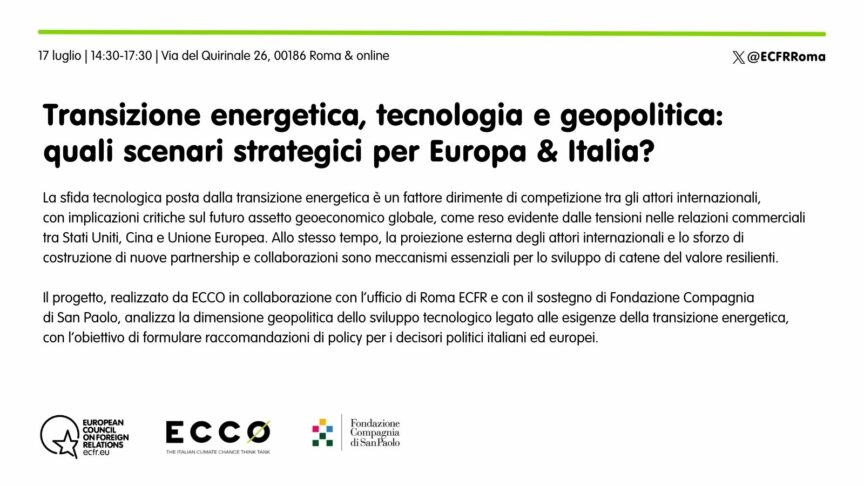
La sfida tecnologica posta dalla transizione energetica è un fattore dirimente di competizione tra gli attori internazionali, con implicazioni critiche sul futuro assetto geoeconomico globale, come reso evidente dalle tensioni nelle relazioni commerciali tra Stati Uniti, Cina e Unione Europea. Allo stesso tempo, la proiezione esterna degli attori internazionali e lo sforzo di costruzione di nuove partnership e collaborazioni sono meccanismi essenziali per lo sviluppo di catene del valore resilienti

China’s ideas could become the country’s next big export. The Idea of China examines Chinese thinking about global order, AI, demographic change, and more – and considers how these ideas could influence the world
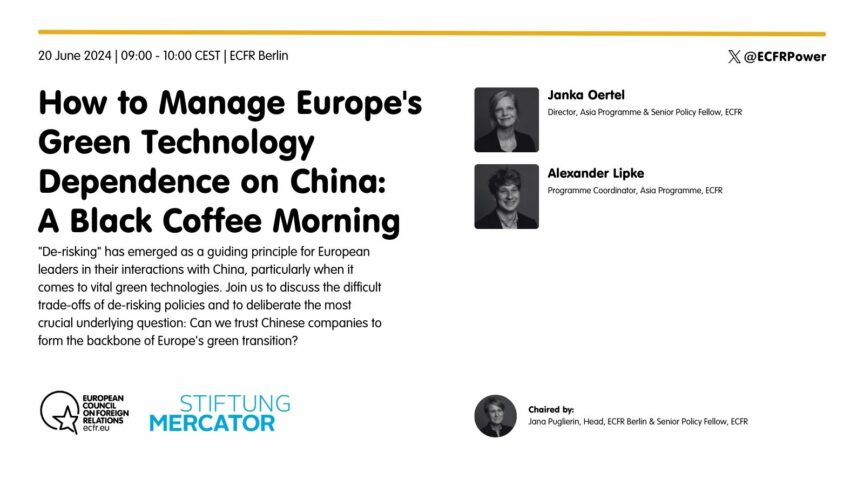
As the global landscape shifts towards strategic rivalry between China and the advanced industrial economies of the West, Europe finds itself at a crossroads, needing…
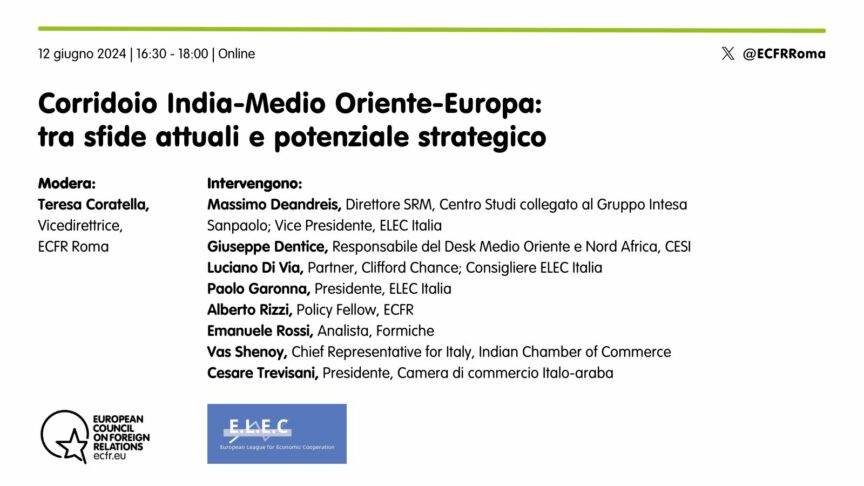
La discussione “Corridoio India-Medio Oriente-Europa: tra sfide attuali e potenziale strategico”, organizzata dall’ufficio di Roma dello European Council on Foreign Relations (ECFR) ed ELEC – European League for Economic Cooperation, avrà luogo, in forma virtuale, mercoledì 12 giugno 2024 dalle ore 16:30 alle ore 18:00 sulla piattaforma Zoom

Mark Leonard welcomes Angela Zhang to discuss China’s Big Tech regulation
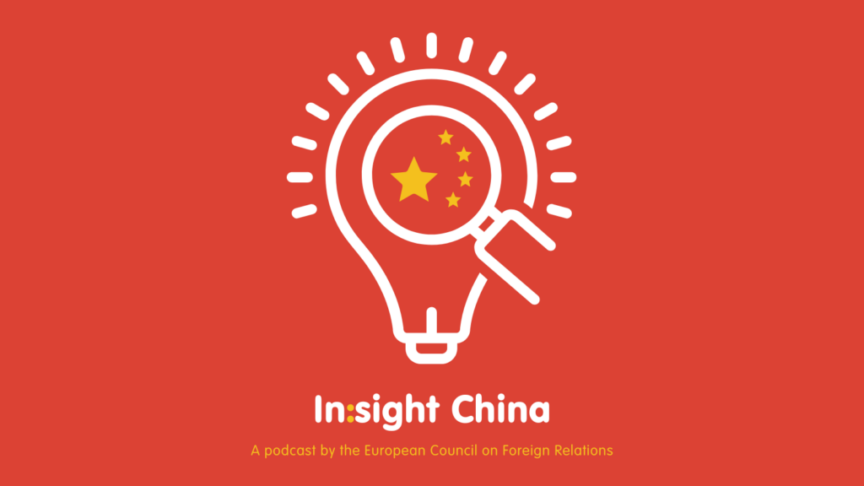
Mark Leonard welcomes Angela Zhang to discuss China’s big tech regulation
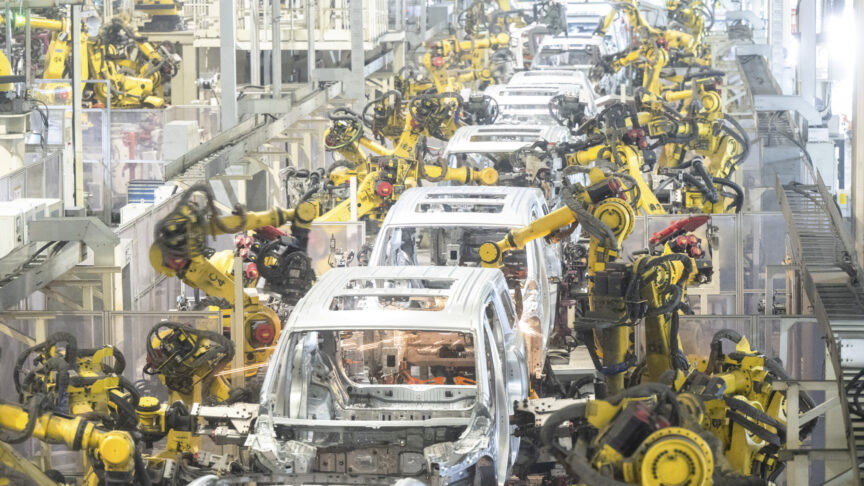
European policymakers need to answer the ‘trust question’ of how far they want Chinese companies involved in green industries such as solar energy, batteries, and electric vehicles

China’s ideas could become the country’s next big export. The Idea of China examines Chinese thinking about global order, AI, demographic change, and more – and considers how these ideas could influence the world

European policymakers need to answer the ‘trust question’ of how far they want Chinese companies involved in green industries such as solar energy, batteries, and electric vehicles

China is strengthening its ties to the Gulf in areas well beyond the energy sector. The EU clearly has stakes in the region, but it should not try to directly counter China’s influence. It should instead build its own Gulf partnerships
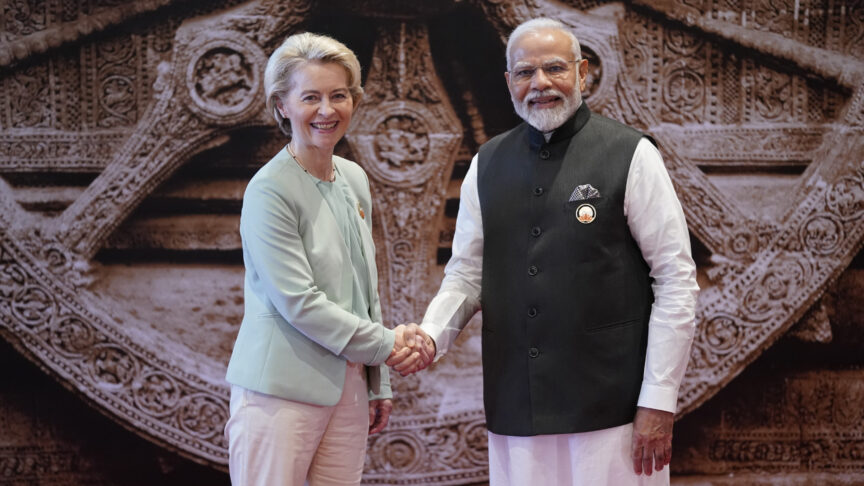
Middle powers are shaping a fragmented world for which Europe is ill prepared. To protect its interests and values, the EU needs a foreign policy strategy that emphasises its wide range of interdependencies
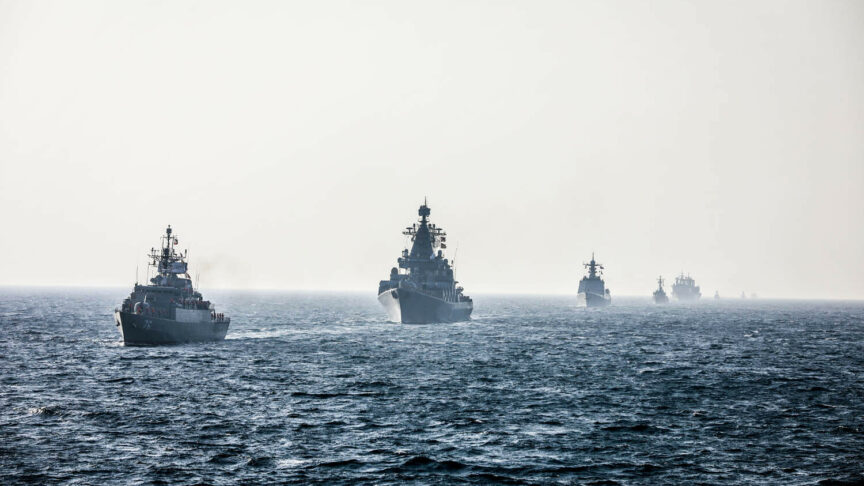
China is becoming increasingly assertive in the Indian Ocean. The EU and India should work together to support the smaller states of the region
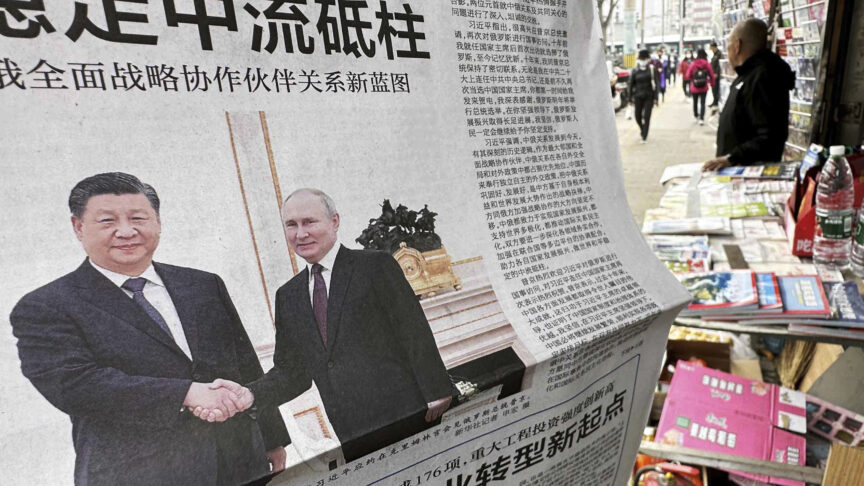
Chinese thinkers are drawing four key lessons from Russia’s war on Ukraine, informing their views on: America, Russia, Taiwan, and economic interdependence with the West
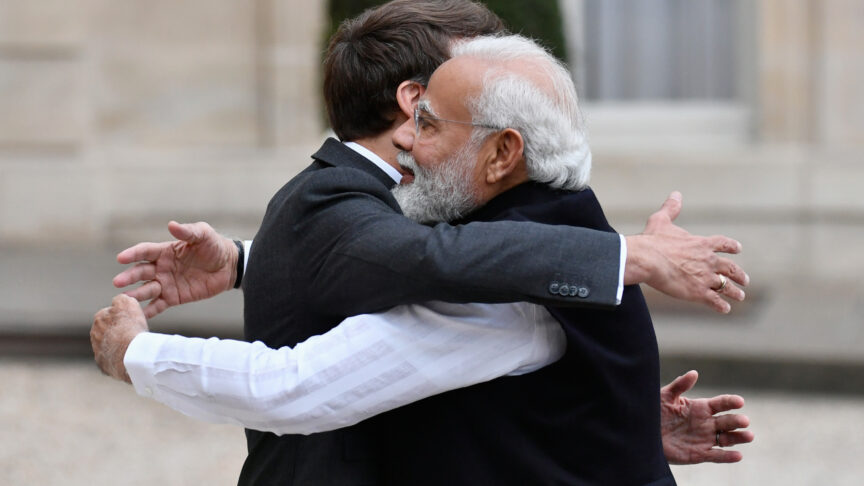
Europeans have found India’s position on the Ukraine war frustrating. But, although it is dependent on Russia for its arms, and has huge worries about China, India is actually moving inexorably closer to the West
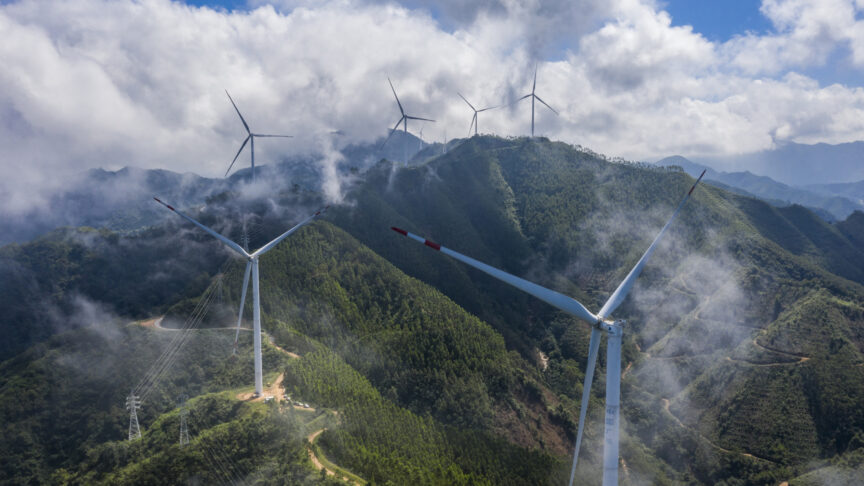
Europeans risk over-dependence on China for the green technologies needed to build the low-carbon economy of the future. They should take steps to reduce their exposure – while recognising they will have to work with Chinese suppliers in some instances
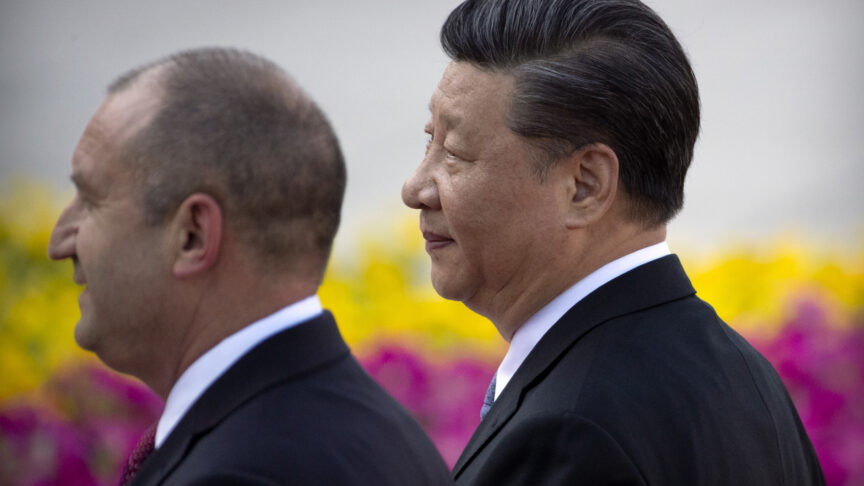
China is expanding its presence in Bulgaria through a strategy of engagement with state and non-state actors. This has concerning implications in areas such as technology transfer, critical infrastructure, and public procurement
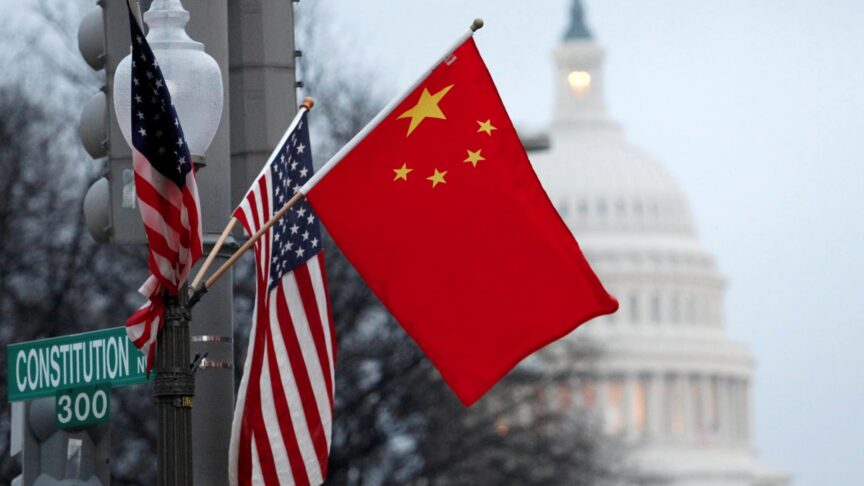
A majority of European citizens believe a new cold war with both China and Russia is under way – but they mostly do not think that their own country is involved

India remains concerned with China above all. Western partners such as the US and the EU are much more useful to New Delhi than is Moscow
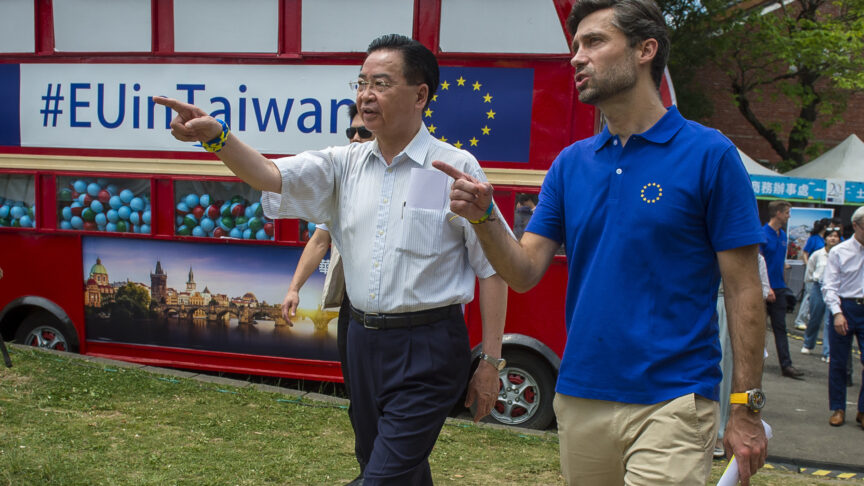
Based on the idea that Russia’s and China’s increasingly aggressive foreign policies are interrelated, Taipei is strengthening ties with central and eastern Europe
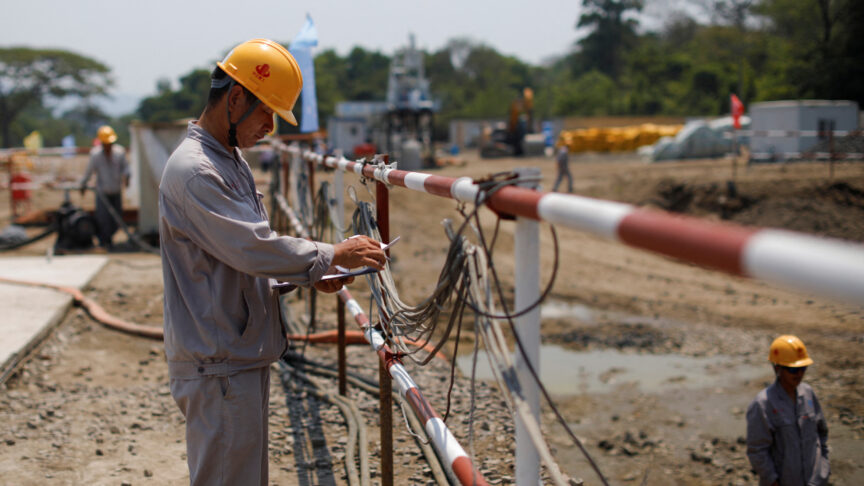
As Beijing’s investment approach to Latin America focuses on industries of strategic importance, the EU and US will need to contend with growing Chinese competition

Ties between Brussels and New Delhi have long struggled to reach their potential. After their respective elections, shared geopolitical concerns about China and common goals on topics from technology to economic security can provide a chance for a reboot

The EU’s plans to upgrade the Middle Corridor trade route may boost Russian and Chinese connectivity with central Asia. But for Europeans, the long-term economic and strategic benefits of going ahead with the development far outweigh these risks
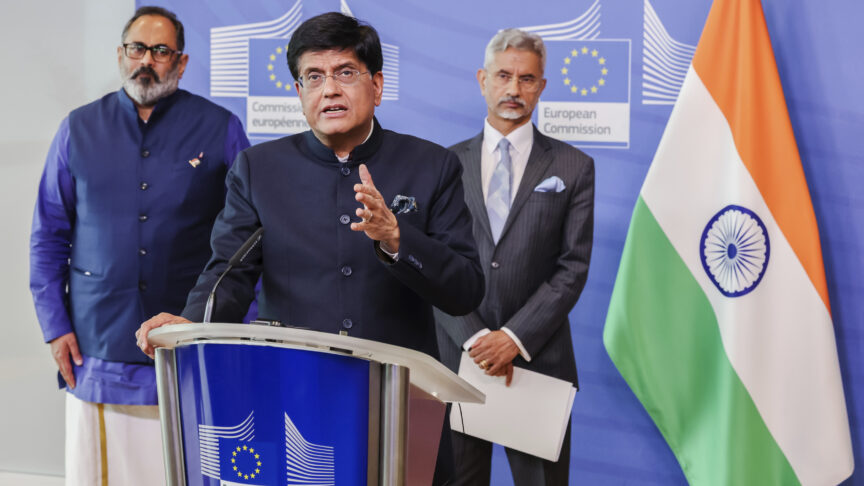
India’s tough stance at the World Trade Organisation’s ministerial conference in Abu Dhabi illustrates emerging economies’ rising resentment towards EU trade policies

Disaster relief efforts in the Indo-Pacific are quickly becoming a space for geopolitical competition, especially between the US and China. Europeans should watch closely, working to showcase their own usefulness to the region while helping to reduce its dependencies on China
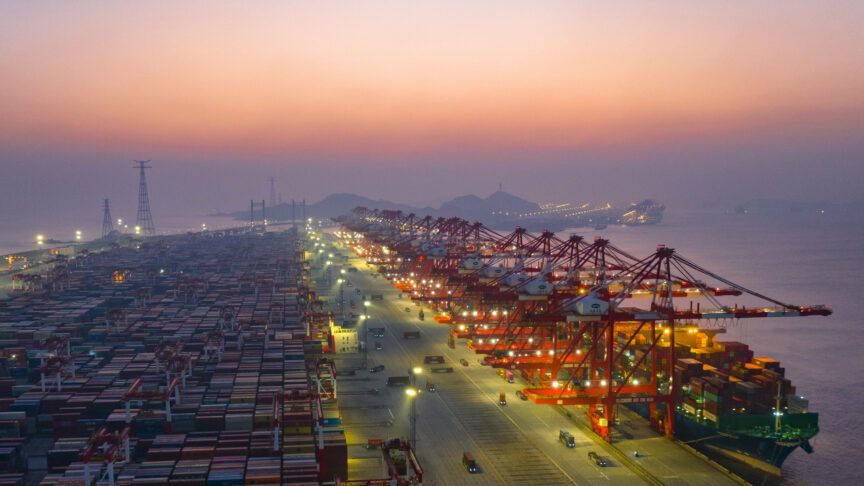
Two decades ago, China’s reformist economists walked the halls of power and dictated policy. Now, they have been sidelined in favour of a new priority: national security. What happened?

The security challenge posed by Chinese electric vehicles is in many ways greater – and trickier to solve – than that of 5G networks. With such cars entering the European market at growing speed, policymakers need to move swiftly
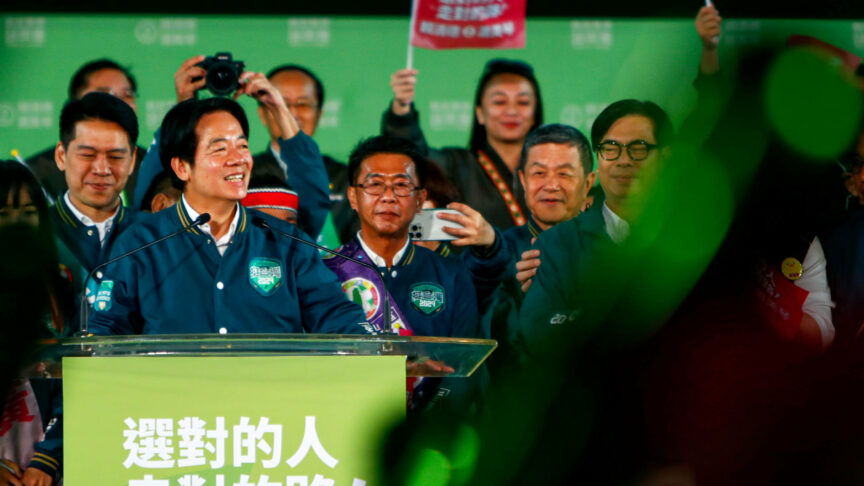
Tensions over Taiwan are likely to rise in the aftermath of this weekend’s election, regardless of who wins. The next president will seek closer ties with Europe, which will necessitate a more coherent and unified policy
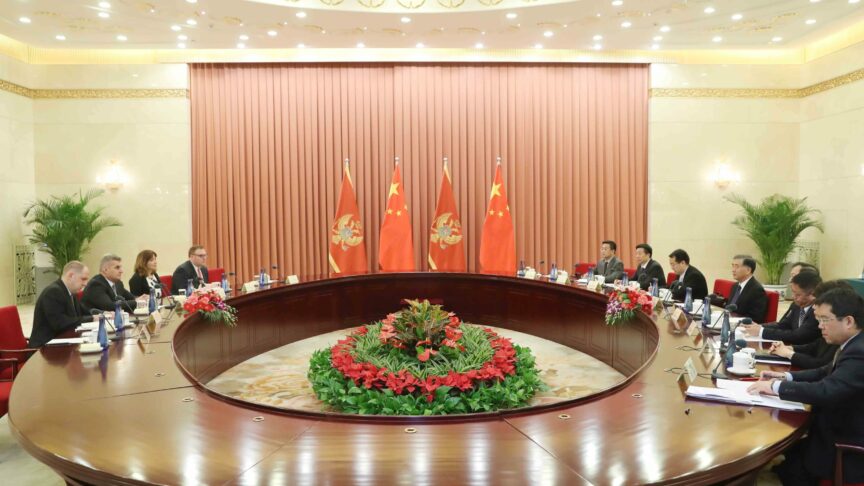
China is building up its influence in the Western Balkans through projects focused on everything from energy and infrastructure to culture, education, and media. If the European Union is to achieve its geopolitical goals in the region, it will need to understand the nature of competition with Beijing in all these areas
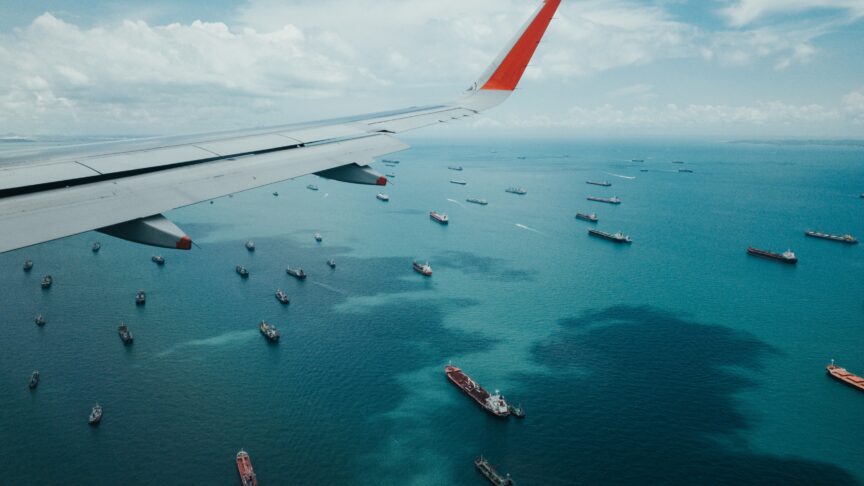
It will take more than just strong support from France, Germany, and the Netherlands to ensure that the new EU strategy for the Indo-Pacific is effective in the long term
Indians are many, as are their demands, aspirations, and ideas

Mark Leonard welcomes Alicja Bachulska and Janka Oertel to discuss their latest book, “The Idea of China.”

Mark Leonard welcomes to Pramit Pal Chaudhuri to discuss India as a middle power

Mark Leonard welcomes Angela Zhang to discuss China’s Big Tech regulation

Mark Leonard welcomes Angela Zhang to discuss China’s big tech regulation

Mark Leonard welcomes Robbie Diamond and Janka Oertel to discuss de-risking and the future of Europe’s green industries

Mark Leonard welcomes Dmitri Alperovitch to discuss US-China competition and the likelihood of a Chinese invasion of Taiwan
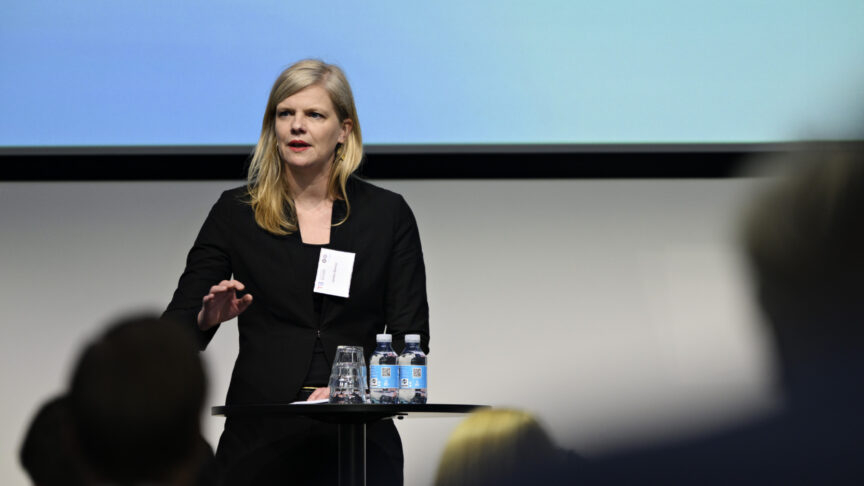
Mark Leonard welcomes Janka Oertel to discuss her new book “End of the China illusion” and the West’s biggest misconceptions about China
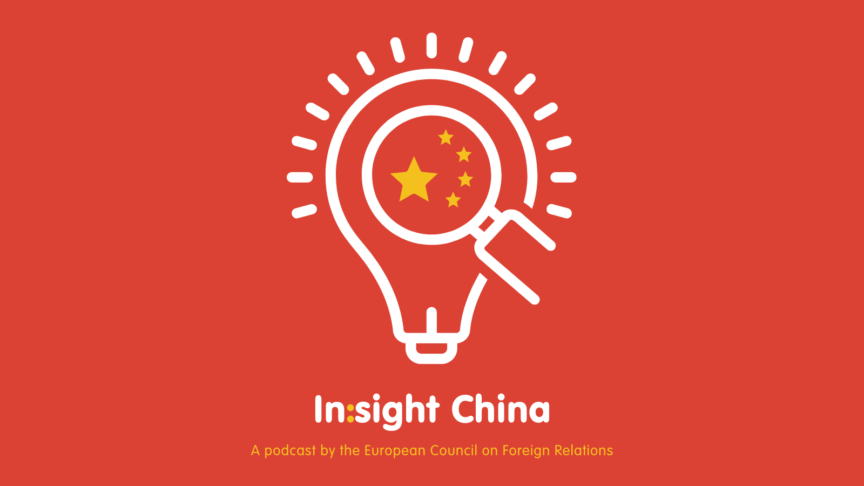
Mark Leonard welcomes Duan Jiuzhou to talk about China’s role in the MENA region

Janka Oertel welcome Wang Dong, to talk about the current tensions between Washington and Beijing
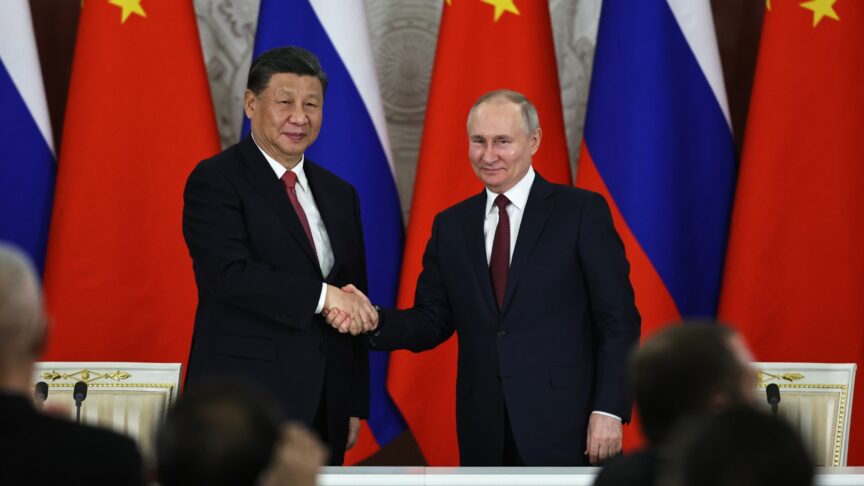
Mark Leonard welcomes Janka Oertel and Alicja Bachulska, to discuss China-Russia relations

La sfida tecnologica posta dalla transizione energetica è un fattore dirimente di competizione tra gli attori internazionali, con implicazioni critiche sul futuro assetto geoeconomico globale, come reso evidente dalle tensioni nelle relazioni commerciali tra Stati Uniti, Cina e Unione Europea. Allo stesso tempo, la proiezione esterna degli attori internazionali e lo sforzo di costruzione di nuove partnership e collaborazioni sono meccanismi essenziali per lo sviluppo di catene del valore resilienti

As the global landscape shifts towards strategic rivalry between China and the advanced industrial economies of the West, Europe finds itself at a crossroads, needing…

La discussione “Corridoio India-Medio Oriente-Europa: tra sfide attuali e potenziale strategico”, organizzata dall’ufficio di Roma dello European Council on Foreign Relations (ECFR) ed ELEC – European League for Economic Cooperation, avrà luogo, in forma virtuale, mercoledì 12 giugno 2024 dalle ore 16:30 alle ore 18:00 sulla piattaforma Zoom
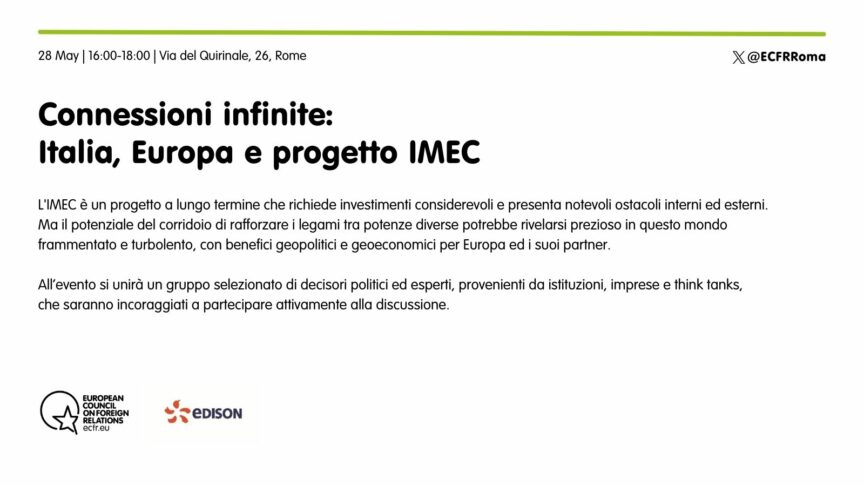
L’IMEC è un progetto a lungo termine che richiede investimenti considerevoli e presenta notevoli ostacoli interni ed esterni. Ma il potenziale del corridoio di rafforzare i legami tra potenze diverse potrebbe rivelarsi prezioso in questo mondo frammentato e turbolento, con benefici geopolitici e geoeconomici per Europa ed i suoi partner
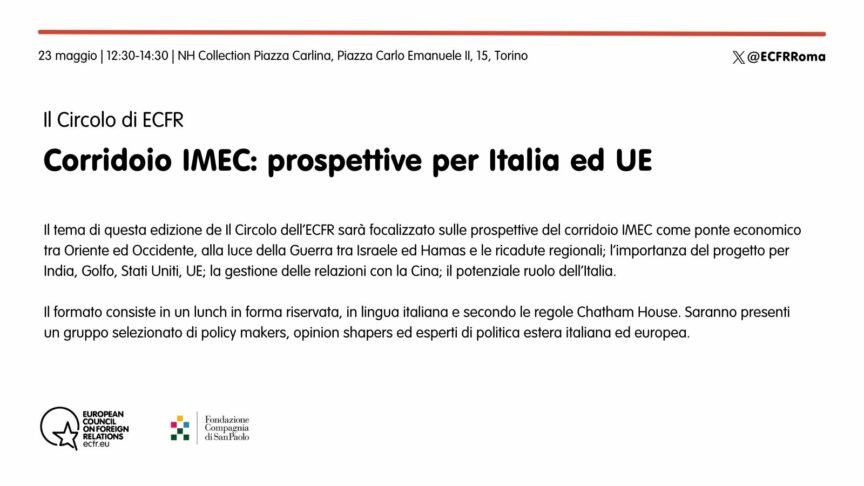
Il tema di questa edizione de Il Circolo dell’ECFR sarà focalizzato sulle prospettive del corridoio IMEC come ponte economico tra Oriente ed Occidente
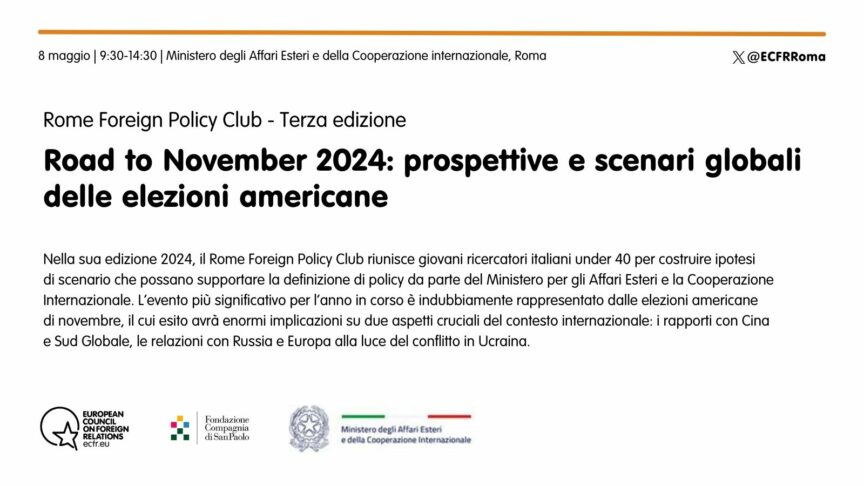
Nella sua edizione 2024, il Rome Foreign Policy Club riunisce giovani ricercatori italiani under 40 per costruire ipotesi di scenario che possano supportare la definizione di policy da parte del Ministero per gli Affari Esteri e la Cooperazione Internazionale. L’evento più significativo per l’anno in corso è indubbiamente rappresentato dalle elezioni americane di novembre il cui esito avrà enormi implicazioni su due aspetti cruciali del contesto internazionale: i rapporti con Cina e Sud Globale e le relazioni con Mosca alla luce del conflitto in Ucraina
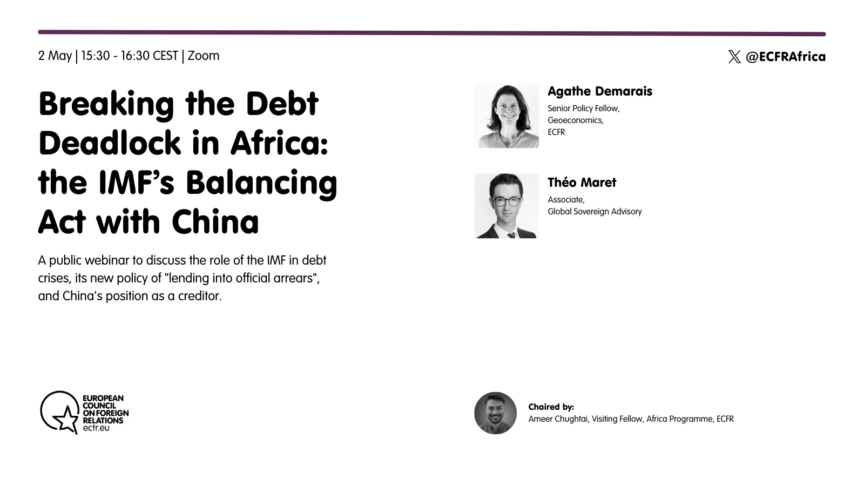
The economic shock after COVID-19 plunged many African economies into debt trouble. Yet, four years later, the current system for restructuring debts – the G20 Common…
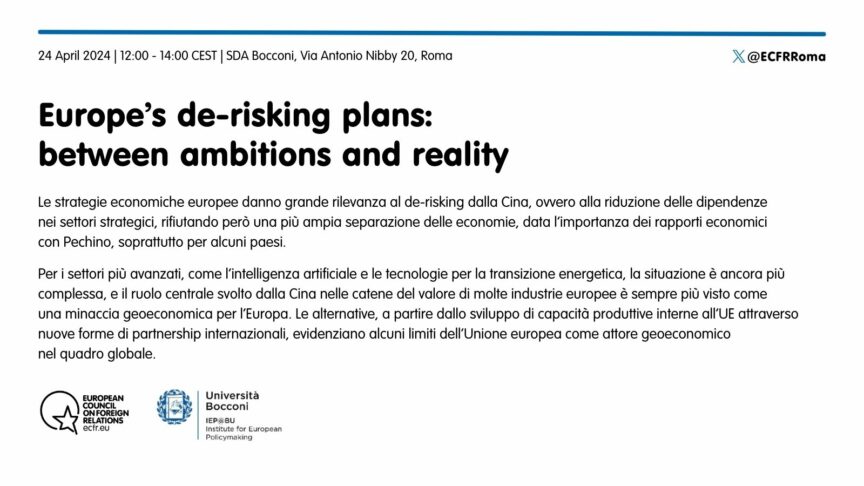
Quarto appuntamento di una serie di working lunch realizzati congiuntamente da ECFR Roma, SDA Bocconi e l’Institute for European Policymaking @ Bocconi University
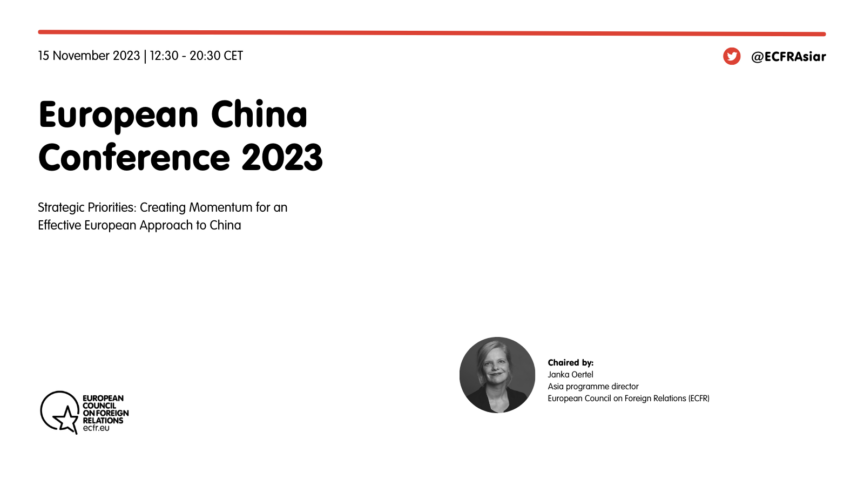
The EU China conference brings together high-level policymakers and experts from all over Europe to discuss how to respond to the multitude of challenges posed by the developments in China’s economic, foreign and security policy
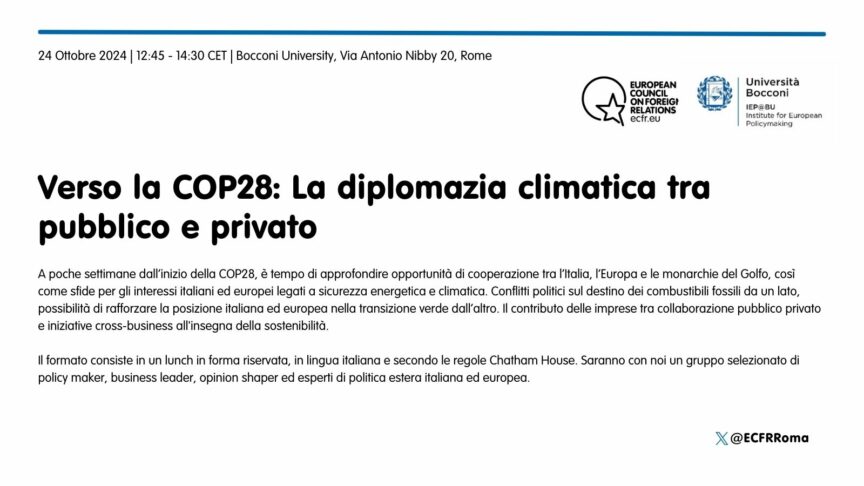
A poche settimane dall’inizio della COP28, è tempo di approfondire opportunità di cooperazione tra l’Italia, l’Europa e le monarchie del Golfo, così come sfide per gli interessi italiani ed europei legati a sicurezza energetica e climatica. Conflitti politici sul destino dei combustibili fossili da un lato, possibilità di rafforzare la posizione italiana ed europea nella transizione verde dall’altro. Il contributo delle imprese tra collaborazione pubblico-privato e iniziative cross-business all’insegna della sostenibilità